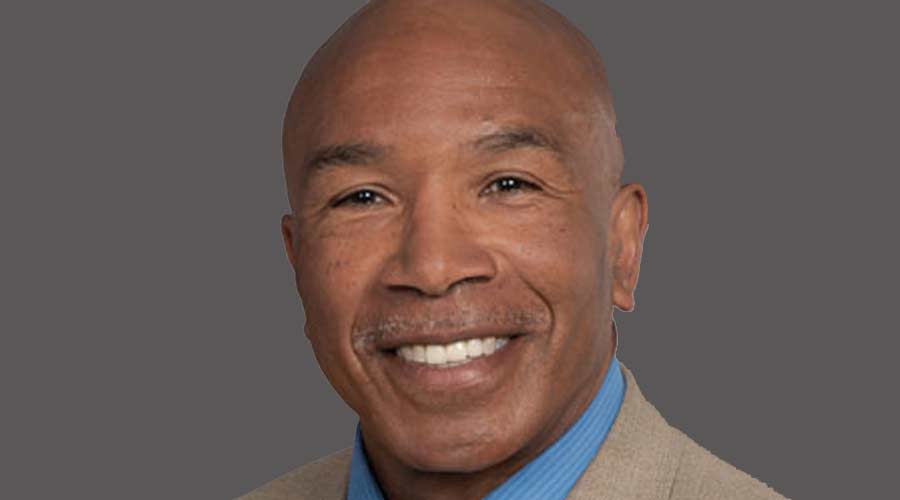
After discussing the Servant Leadership values of Active Listening, Empathy, and Healing in my previous columns, it was time to review the fourth Servant Leadership principle: Awareness. Being aware can allow leaders to understand and acknowledge how others are thinking and feeling. As leaders, we must be aware of the mood of others and what is happening around us. This leads to better decision-making and relationship building. When one is unaware of what is happening in their organization, it increases the possibility that one cannot fully take advantage of future opportunities and/or avoid future threats.
Case in point, a supervisor in my department once met with his team on short notice to announce that he would change their schedules and work routes. He had previously made changes that his team felt did not improve or make their jobs easier. In fact, they thought the changes were totally unnecessary and arbitrary. His team felt he was being stubborn and was making all these changes just to show them that he was the boss. They expressed their concerns to the supervisor, yet he either didn’t listen, didn’t empathize, or did not care. Morale took a nosedive, and the quality of work suffered. His lack of self-awareness was wreaking havoc.
Eventually, I had to intervene — and I asked him what his goals were for making the changes. He could not articulate them, making it seem like he was unaware of his own motivation and goals. After some difficult-yet-constructive discussions that revealed some of his blind spots, he took the time to better understand his own motivation and goals. He realized that he did not have a clear understanding of his own ambitions.
With a clear idea of what his vision was for the team, he slowly earned back trust and restored healthy relationships by listening to complaints. From there, he actively worked to find solutions for scheduling or workloading conflicts within the department, easing tensions in the process and boosting morale.
This increase in self-awareness also improved his relationship with his colleagues who thought he was constantly seeking attention. He finally started picking up on the cues when his colleagues rolled their eyes and stopped listening to him during meetings. Simply put, things had to get worse before they got better, but after taking his introspection seriously, he transformed into a better leader and more genuine person altogether.
To be an effective Servant Leader — one who is truly serving others — one must understand their own values, shortcomings, and strengths. Self-awareness means thinking deeply about emotions, behavior, and how they affect other people. This self-awareness leads to an increase in self-confidence and the ability to bring out the best in others.
Even if it doesn’t appear to be a personal issue, all leaders should consider the following tips to ensure strong self-awareness:
-
Take an inventory of your values to understand who you are.
-
Search for and be open to discovering any blind spots regarding your behavior that affects others.
-
Stay in tune with how you are feeling emotionally.
-
Know what your personal goals are and develop plans to achieve them.
-
Stay aware of how your body language and tone affects people.
As Robert K. Greenleaf, founder of modern Servant Leadership, once said, “The servant leader is a servant first. It begins with the natural feeling that one wants to serve, to serve first. Then, conscious choice brings one to aspire to lead. That person is sharply different from one who is a leader first.”
Gene Woodard, R.E.H., spent more than 45 years in the cleaning industry, retiring as the director of building services at the University of Washington, before which he spent almost a decade at Emanual Hospital in Portland, Oregon. Gene was also a founding member of the Healthy Green Schools & Colleges Steering Committee and served for many years as an advisory board member of Facility Cleaning Decisions magazine.

 The Down and Dirty on Cleaning in Virus Season
The Down and Dirty on Cleaning in Virus Season How Surfactant Use is Expanding in Commercial Cleaning
How Surfactant Use is Expanding in Commercial Cleaning Operational Excellence Series 2025: Labor Strategies
Operational Excellence Series 2025: Labor Strategies
